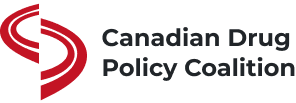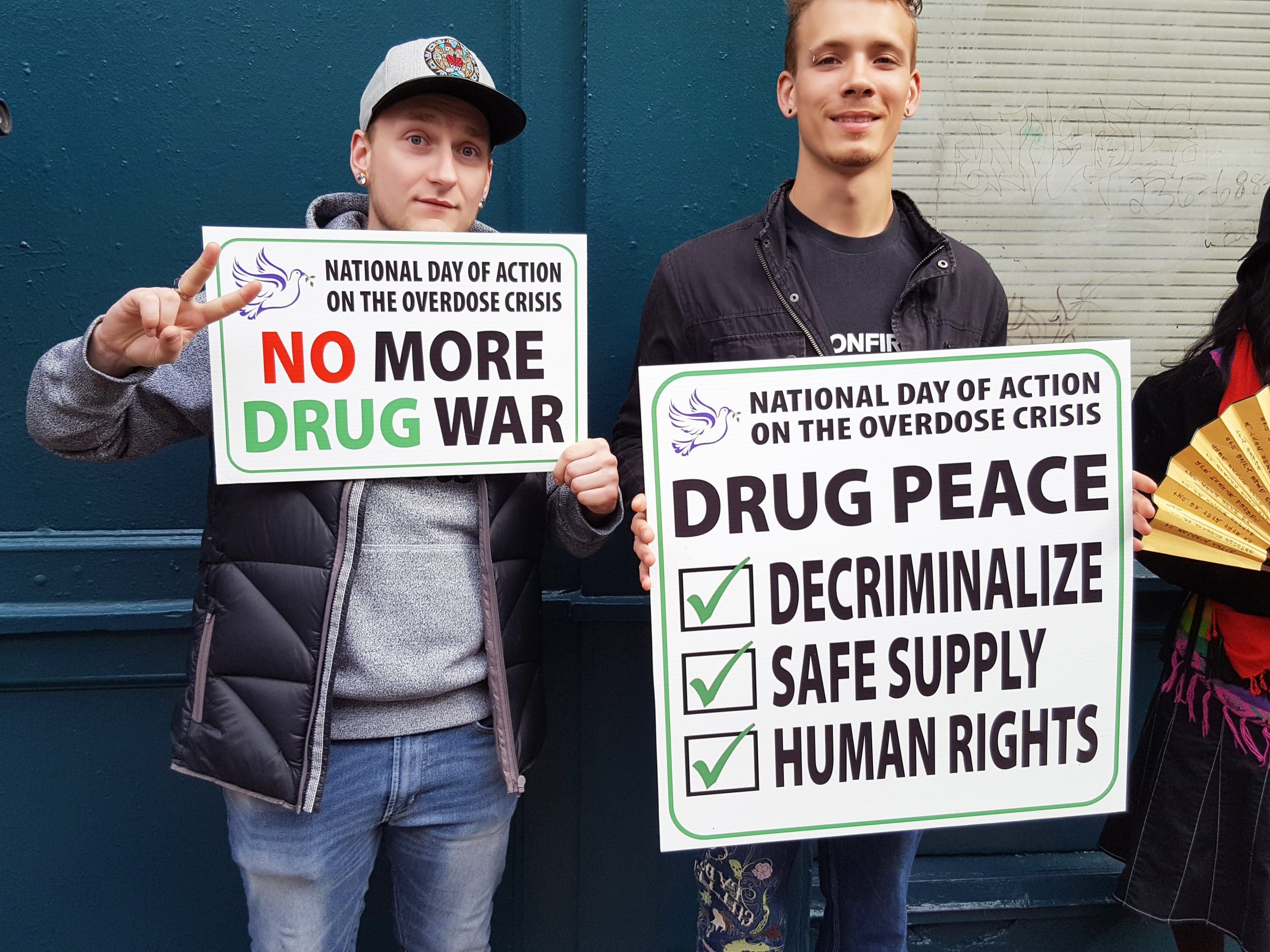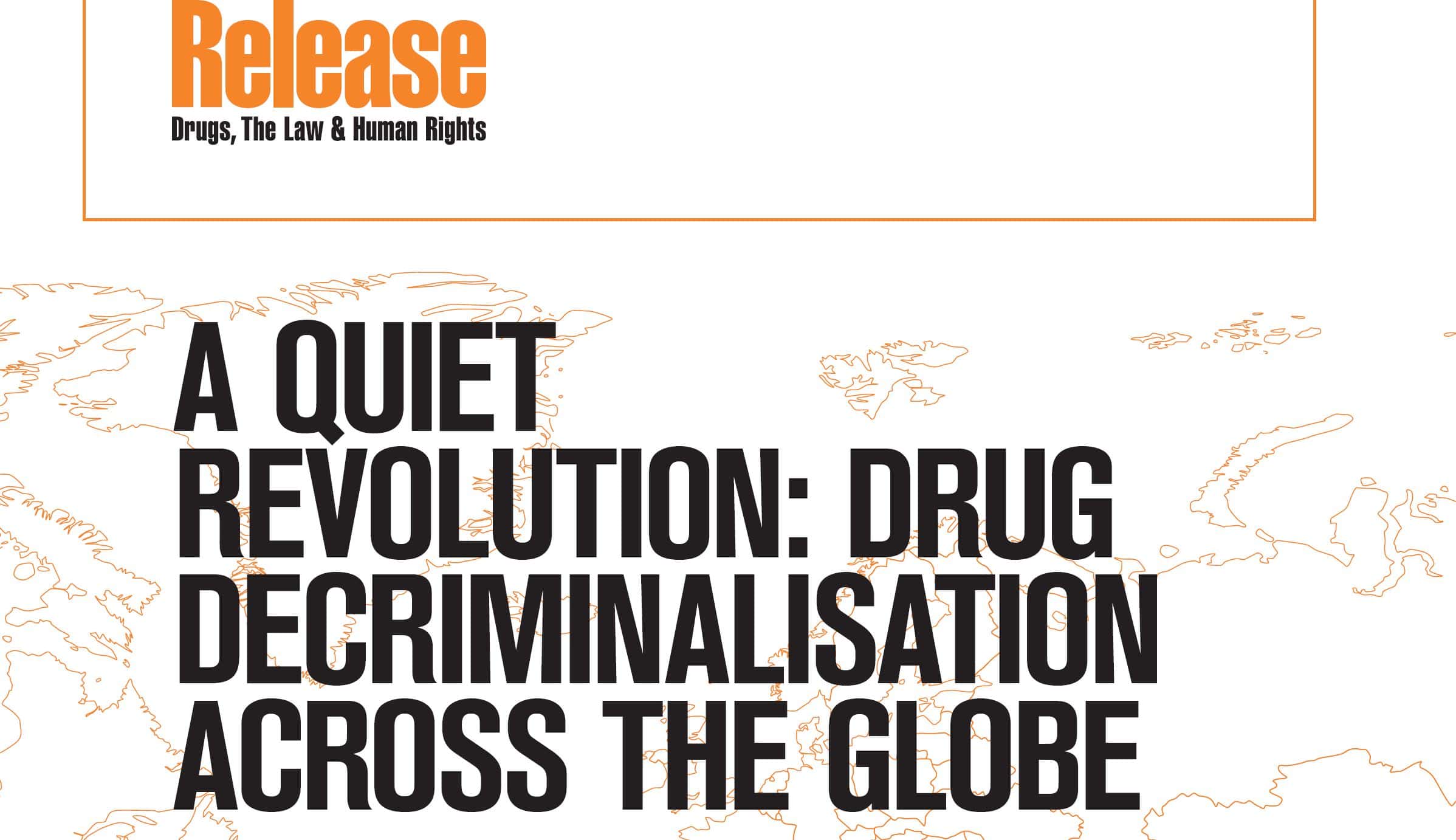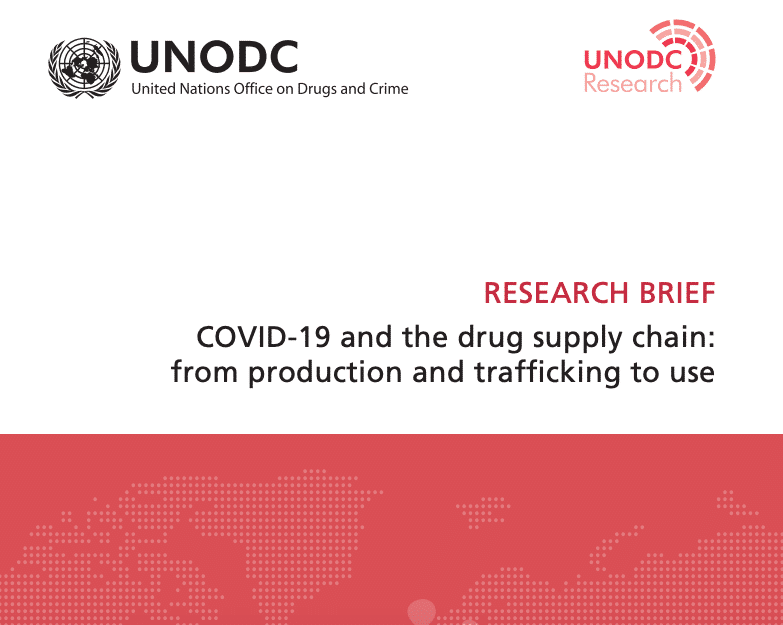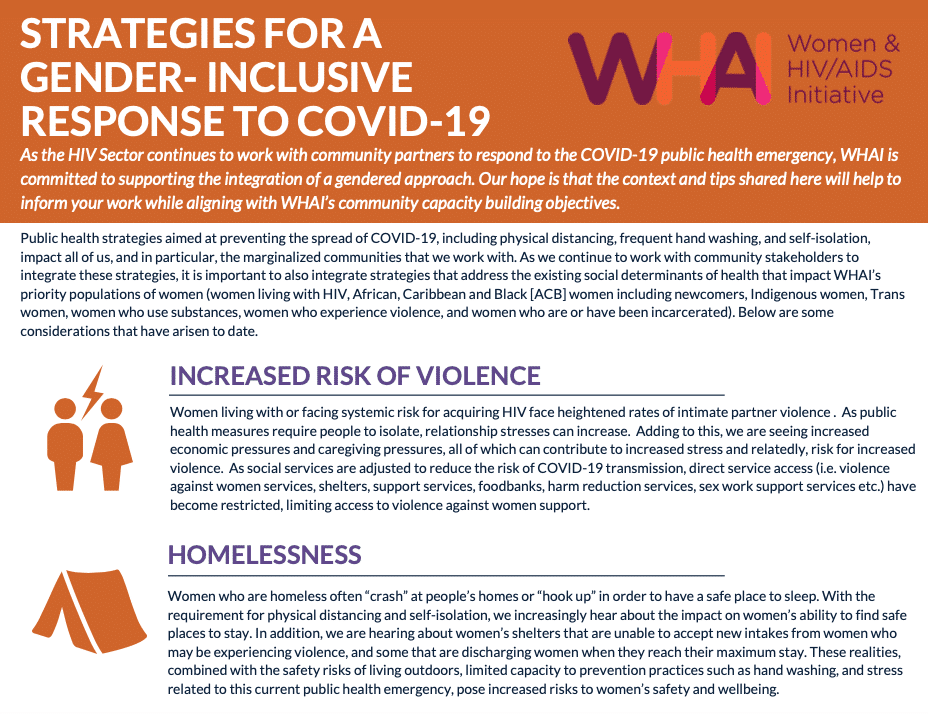changes to drug supply covid-19 changes to drug supply covid-19
Click HERE for more resources
“This alert is based on information collected by the Canadian Community Epidemiology Network on Drug Use (CCENDU) between March 31 and May 10, 2020. It focuses on the impact of containment efforts related to COVID-19 on the illegal drug supply and access to services, and the associated health harms. Although there were limited data sensitive to these changes collected systematically, there was a convergence of reports from multiple sources in several regions across Canada, so that CCSA and CCENDU judged it better to share imperfect, timely information than no information.”
